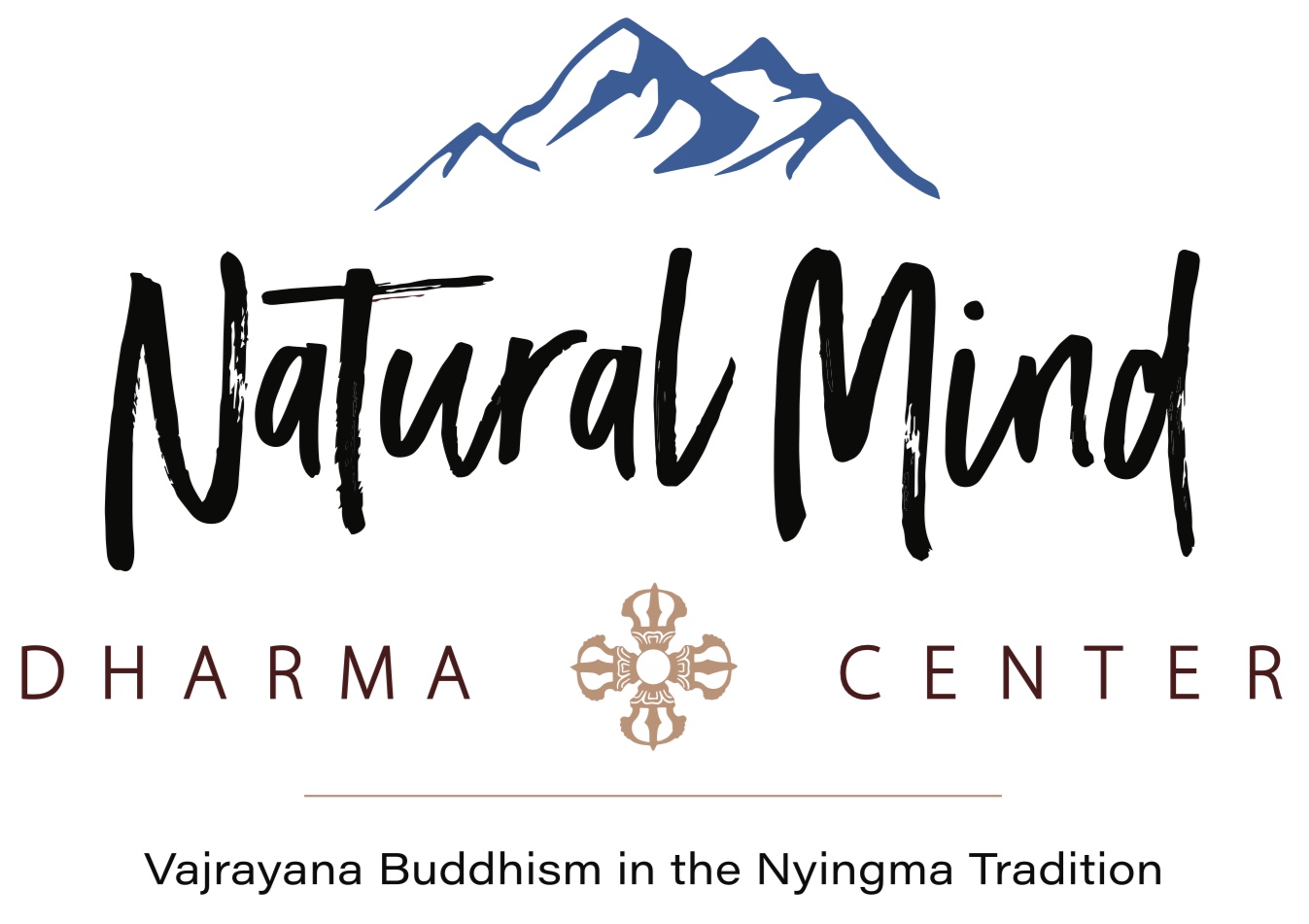Mind Your Mind
I met a man in my neighborhood who just returned from the hospital after suffering an anxiety attack. He thought it was a heart attack. I remember when I was dealing with my father’s confusion and violence due to his Alzheimer’s disease. I experienced my first really intense anxiety episode and thought I was having a heart issue. It is amazing how the mind can precipitate such experiences. Our perception of reality determines our mental, emotional, and physical health.
When I pointed this out to my neighbor, he gave me a strange look—at first. But then he had a kind of epiphany. He realized he spent his time focusing on apparent symptoms and did not look at how he was looking. Until the time he experienced his anxiety attack, he thought he was dealing with this enforced Covid-19 quarantine quite well. So, when the anxiety came, it had to be a physical problem. It was probably prudent to address the symptom. Now, however, he has a glimpse into the thought patterns creating his anxiety.
I wonder if we as a species will ever come together around understanding the true nature of mind and make it our priority. Much research is validating the benefits of meditation and mindfulness. Unfortunately, these modalities have traditionally been framed through Eastern religious teaching and are viewed as suspect by religions that do not share that perspective. I am glad the Dalai Lama, for one, is interested in secularizing the teachings so that meditation may become more mainstream.
As meditation practitioners, it is our responsibility to demonstrate the benefits by the way we walk our lives. We engage in simple, ordinary ways. Even though there is a kind of religiosity in Buddhism, it is essentially a vehicle to remembering our original nature, free from conditioning factors. If we have awareness of our unconditioned mind and experience our natural wisdom and compassion, the form drops away and we can meet people where they are rather than framing our conversation through religious language.
The Dalai Lama is said to have observed, “Philosophers think Buddhism is too religious and the proponents of religion think it is too philosophical. Poor Buddhism, it has no place to rest its head.” It really is all about mind and understanding the source of thought—free from religion and philosophy. Paradoxically, various forms of religion and philosophy have evolved to help us remember our true nature beyond all concepts. Vajrayana has a particularly well tested and refined form.
It all boils down to recognizing the one who recognizes, experiencing the spacious unlimited mind that perceives reality. This work is the echo that calls us here. Best to get on with it.
